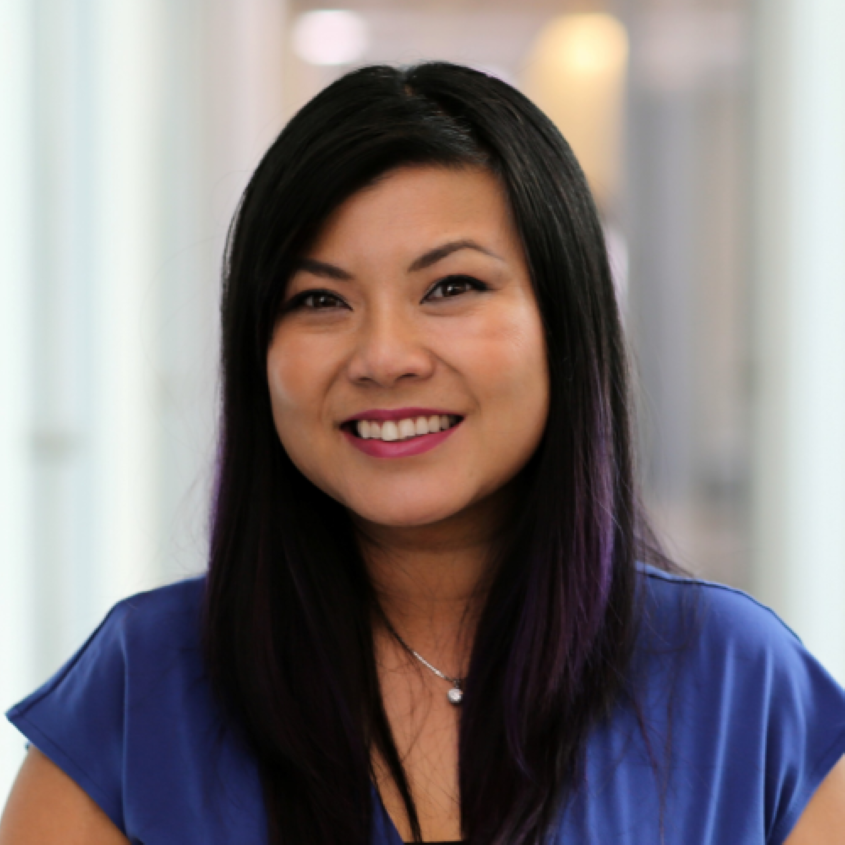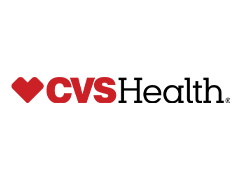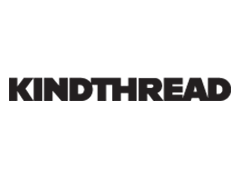A few weeks ago, I received a phone call that caught my breath in my throat. My 6 -year old daughter fell off a ladder and ripped off a part of her finger. In my work as a scientist, and in my life outside of the lab, I have come to believe very much in the popular African proverb, “it takes a village”. Suddenly I needed my village to be immediately deployed and to now include experts in pediatric orthopedics and plastic surgery.
My husband and I are both professors who work at a medical school, but we couldn’t become fast enough experts. Our village hero came in the form a Care Advocate who helped us navigate the maze of medical options, potential sequela, insurance coverage (or lack thereof), medical data residing in multiple hospital systems, and the constant worry around if our daughter was receiving the best medical care. Most importantly, because he was a healthcare insider and this was his world, he was able to understand our needs and empower us with timely knowledge. This helped maintain our mental health throughout the process so we could support our daughter through her trauma.
Innovation in care advocacy
There have been recent innovations in healthcare, particularly as it pertains to care advocacy. Research shows that culturally relevant care must be provided to combat the mistrust of the medical community, especially experienced by communities of color. An article.published in the New England Journal of Medicine provides support for barbershop interventions as a model for treating men with hypertension as frequented by Black men and boys. TRAP Medicine is leveraging the cultural capital of barbershops to promote wellness by training barbers on the basics of mental health, sexual health, and chronic disease, and partnering with local healthcare providers to strengthen and sustain the barbershop-based health intervention model.
Increasing number of healthcare practices are leveraging a big data approach, using software technology that systematically track social determinants of health and guides healthcare workers to help patience overcome barriers to recovery. For example, if a patient's culture is predisposed against medications, the Preveta platform guides healthcare workers to accomplish the treatment goal by explaining the risks & benefits of the prescribed medication, but also offering other alternatives to improve their condition. This type of algorithm and strategy can also use disease-specific artificial intelligence to guide healthcare workers to provide proactive care coordination that improves clinical outcomes. For prostate cancer, identifying patients for advanced therapies can extend life by 3 years on average. When it comes to our physical and mental health, we need to increase access and care in a patient-specific and culturally relevant way.
Belongingness
In the midst of a COVID 19 pandemic and a national epidemic of senseless murders of BIPOC people, we are undergoing stress of unprecedented levels. Research tells us that chronic stress can have a significant impact on our physical and mental health, affecting our immune system and heart health, sleep, appetite, the ability to concentrate, and even on the way we interact with others. We know, too, that some of the most important contributors to stress are uncertainty and social isolation —precisely the conditions created by the pandemic. At a time when we must practice “social distancing” to stay physically safe, it is more important than ever to find ways to lessen feelings of isolation and continue to build social connections to ease stress, develop a sense of resilience, and stay physically and emotionally healthy. After all, it takes a village.
There is no single right way to build your village, but a few simple guidelines can help. Identify people you trust, the friends and allies you hope will support you when times are tough and who always tell you the truth (even when it’s hard to hear), and the people you hope will also want to rely on you. Connect with people whose experiences, backgrounds, and strengths are different from yours. They can bring a fresh perspective, a new way of looking at things, to help you solve a problem or cope with an unexpected challenge. Ask for help when you need it. Asking for help is a sign of health. Check in with your friends and loved ones that you think may be struggling in these tough times. Especially now, when so much of our communication with each other is virtual, it’s important to develop ways to express what you need, and to be able to offer to help to others. There are online resources to support social connection, such as the ALEC interactive guide, that can help navigate conversations with someone who may be struggling.
From help-less to hope-ful
We know with certainty that the way someone has reacted to a crisis or extreme stress in the past can shape how they will respond in the future. Strengthening social connections and building our personal village can help us manage the stressors we face today and will influence how we tackle new challenges tomorrow. Taking care now of that most critical of basic needs—belongingness—as we continue to manage the stress of COVID-19, will help us feel less helpless and more hopeful going forward. Our physical, mental, and societal health depends on it.









